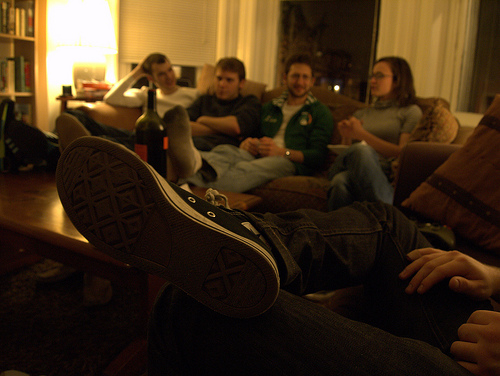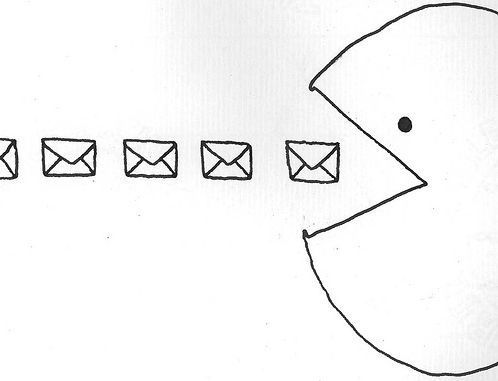
And then he started using words like nyingma and shentong and I became more interested in my beer than anything else. Zen is a neato thing to talk about but depending on who’s doing the talking, it can get a bit too stiff for me.
But I perked up when he said the most rewarding thing he’s ever done in all his years is to sit and contemplate his own death.
I was in an expat bar in Chiang Mai on trivia night and an informal lecture had broken out. Half the room was shouting out answers to sports history questions, and the other half was gathered around a once-American philosophy professor, listening to him talk about Zen. I was trying to do both.
We chatted on the balcony later, and I asked him about what he said about death. I drank and nodded as he talked and smoked cigarettes.
“When you’re sitting there long enough that you finally see that unbroken line between here and your grave, that you really are that grave every bit as much as you are sitting here… you’ll never feel as free as that.”
The night was long (three bars long) and full of conversations, but that’s the one that was in my head when I was nodding off that night, and in the shower the next morning.
For the next few weeks I kept having these spells where I’d see something super ordinary — a stranger yawning at a bus stop, or something — and I’d get the sensation that I was looking back on it, as if I was visiting it from a place where that doesn’t happen.
It culminated on a beach in New Zealand a few weeks later. I had another spell, and realized what was happening. I was being repeatedly overcome by the simple fact that I was here. That doesn’t sound like an astonishing revelation, but it was, and that had something to do with being simultaneously aware that I will one day not be here.
Understanding those two insultingly simple facts — that you’re definitely here, and that you will definitely one day not be here — combine to form something beautiful. The professor called it anicca but we can call it impermanence. It’s irrefutable, and we kill ourselves trying to refute it all the time. Things change constantly, and when you insist they don’t, you suffer. When you can learn to go along for the ride, ordinary moments become compelling. Read More









 I'm David, and Raptitude is a blog about getting better at being human -- things we can do to improve our lives today.
I'm David, and Raptitude is a blog about getting better at being human -- things we can do to improve our lives today.
It all pretty the opposite if you're not in the US :) Since 2022 I've changed 3 countries and I'm planning to emigrate to the fourth one. I've had so much novelty and so many things to adapt to. However, time had never run so fast for me as in 2022...